The Faith Of A Foreign Woman
The story of Israel’s judges closes with a line that could just as well be the opening for the story of Ruth: “In those days Israel had no king; everyone did as they saw fit” (Judges 21:25). God’s chosen ones looked more like a reality show gone wrong than a holy beacon of hope. They had abandoned God’s plan (again) and had become moral misfits and spiritual adulterers. The light had gone out on God’s people. Then a foreigner stepped onto the stage and a candle of hope flickered once again.
The story of Ruth is a literary and redemptive gem that glimmers against a backdrop of blackness. In the opening scene, Naomi’s family caravanned away from the Promised Land where famine had left them hungry for food and for hope. They settled in Moab where idol worship was the prevailing ritual and God seemed far away. Naomi’s two sons married Moabite women, Orpah and Ruth. The weddings were too quickly followed by funerals—three of them. Naomi’s husband died first. Soon after, both of her sons died too. And all that was left was three widows, no children, and no prospects. The prospects were indeed grim.
Naomi heard the famine had lifted and decided to return to Bethlehem. She sent her daughters-in-law back to their homes where they might find new husbands. Ruth expressed her strong will and even stronger faith by refusing to leave. Her poetic declaration of loyalty and commitment offers the first sign of hope: “Where you go, I will go; your people will be my people and your God my God” (p. 122). The duo of widows made the journey back to the Land of Promise where the only hope was mere survival.
Once there, Ruth exercised a widow’s right to gather the extra grain from the fields. Her field of choice just happened to be the farmstead of a godly man named Boaz. He also happened to be a family guardian who could carry on the heritage of Naomi’s deceased husband and sons. He noticed Ruth from the start and admired the way she worked to provide for her aging mother-in-law. Boaz offered his help and protection; Ruth noticed him too.
Jewish law required a family guardian to redeem both a widow and her land to preserve the family line. So, as was the custom, Naomi told Ruth to offer herself in marriage to Boaz. He was delighted but also knew of a closer relative who had the right of first refusal. That man chose to forfeit Naomi’s land since it also meant he would have to marry Ruth, which might threaten the inheritance he would pass along to his own children. Neither Boaz nor Ruth was disappointed by his choice since his refusal paved the way for Boaz to fulfill his role as a family guardian or “kinsman redeemer.” Boaz gladly married Ruth and redeemed the family’s land. God cheerfully restored Naomi and planted a family tree: Ruth and Boaz > Obed > Jesse > King David > Jesus.
There’s no denying this story as a great romance. But even more, it brings us to a defining episode in the greatest love story ever told. Boaz’s love for Ruth is a mirror image of the heart of God. Boaz steps in as a willing kinsmen redeemer and foreshadows One who would step in as the Redeemer for all people. So, it turns out the even the “not so chosen” are chosen after all. God’s plan will overwhelm every obstacle, overturn every injustice and overcome completely in the end. Soon, we’ll see that God is writing a happily ever after for this story after all.
